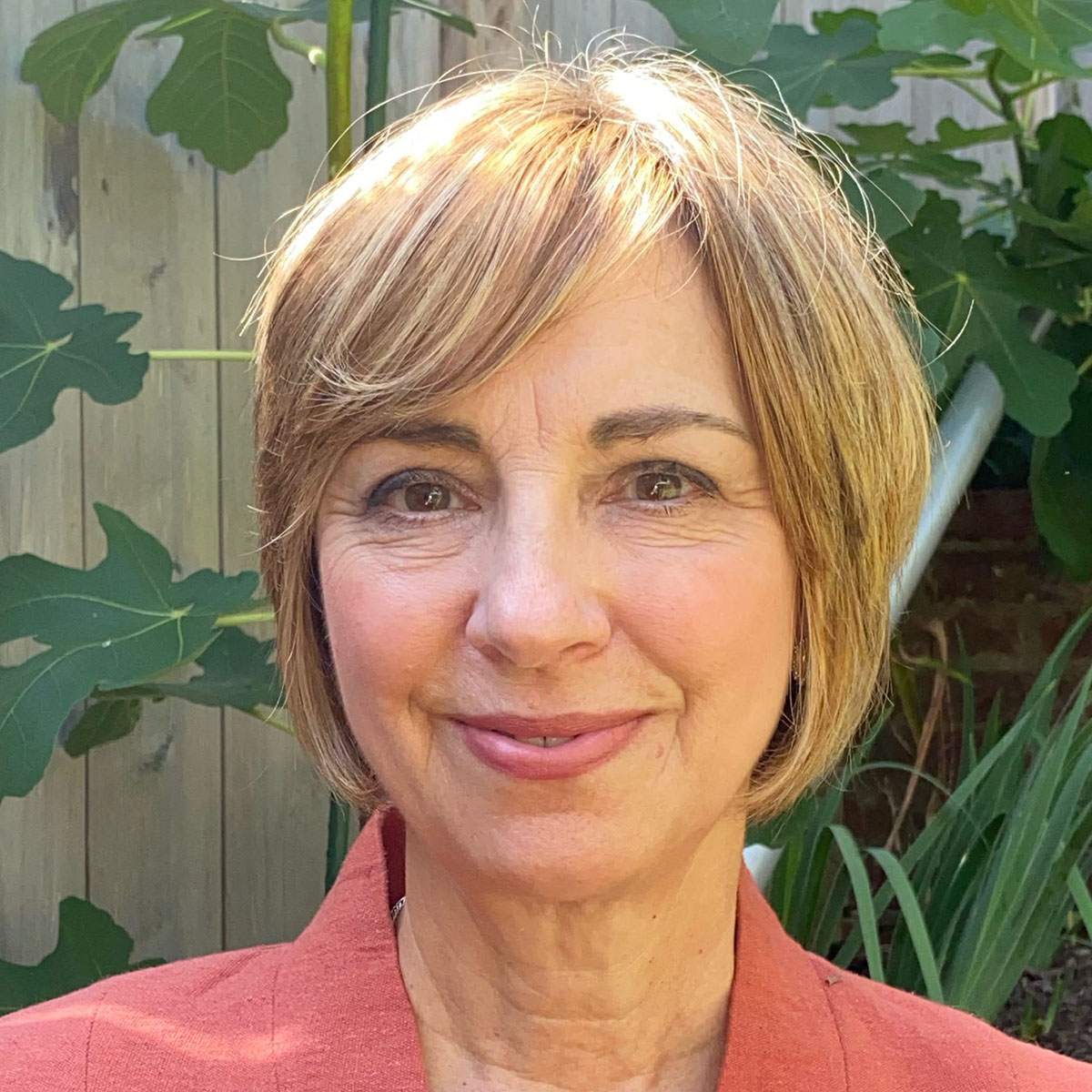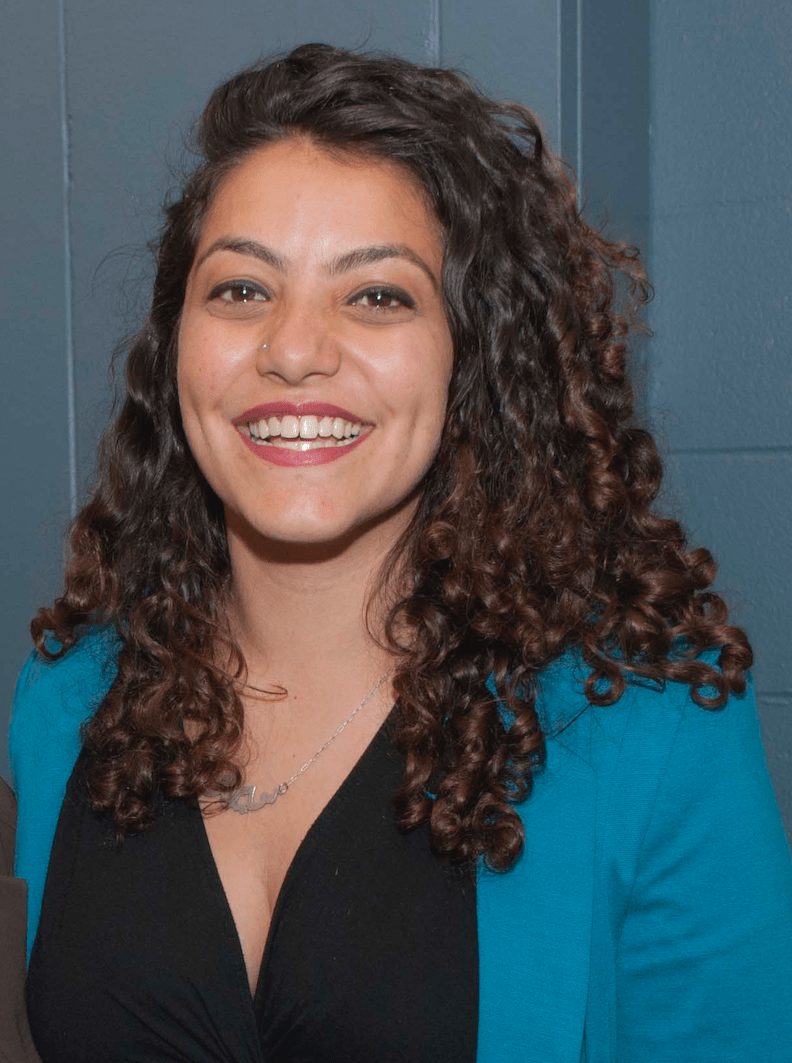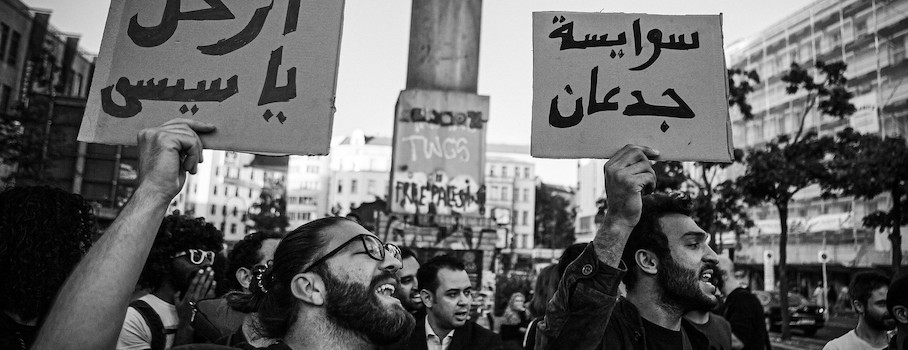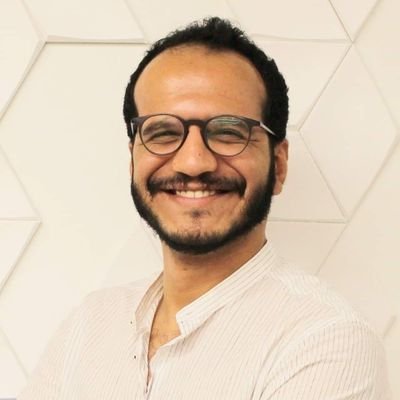Since the January 25 Revolution nearly eleven years ago, but particularly so since June 2013, Egyptians in exile have played an increasingly central role in mobilization efforts around human rights, free expression, and justice in Egypt. In his original piece A Homeland Lives Within Us, But We Cannot Live in It: Egyptian Organizing and Activism from Exile, Mohamed Mandour raises the following questions: Who has left the country? Why did they leave? How have they organized politically? How have Egyptian authorities responded to the growing presence of Egyptian communities abroad? And what creative and responsive strategies exist for the future of mobilization abroad and in coordination with those on the ground?
On Thursday, August 11, the Tahrir Institute for Middle East Policy (TIMEP) hosted a conversation moderated by Miray Philips with TIMEP Bassem Sabry Democracy Fellow Mohamed Mandour who discussed his original research exploring how Egyptians in the diaspora have organized in exile since 2013. With Michele Dunne, herself a co-author of a 2019 seminal research output on Egypt’s exiled communities, Mandour considers the ways in which the Egyptian state has responded to Egyptian communities abroad and in exile, as well as the path forward for Egyptian organizing abroad.
Watch the conversation here:
Speaker Profiles:
Mohamed Mandour, Bassem Sabry Democracy Fellow, TIMEP
Mohamed Mandour is TIMEP’s Bassem Sabry Democracy Fellow, with his area of focus on Egyptians in the diaspora, the challenges they face, and the opportunities for organizing in exile. He last served as an Atlas Corps Research Fellow at the Project on Middle East Democracy (POMED). He also previously worked as a researcher at the Cairo Institute for Human Rights Studies (CIHRS), the Law and Society Research Unit at the American University in Cairo (AUC), and the Egyptian Initiative for Personal Rights (EIPR). Mohamed has diverse research interests that include issues related to law and religion in Egypt, US-Egypt ties, human rights conditions in Egypt focusing on the state of civil society, and academic freedoms. He has published several articles in prominent outlets including in Jadaliyya, along with a book chapter on the status of peasants amid the neoliberal transformations in Egypt in an edited volume titled “The Rise and Fall of the Labor Movement.” You can follow him on Twitter at @m_medhaat.

Michelle Dunne is the Executive Director at the Franciscan Action Network (FAN). Before joining FAN, her career focused on the Middle East and U.S. foreign policy. From 2006 until 2021, she headed programs focused on peace, human rights, and democracy in the Middle East at the Carnegie Endowment for International Peace and the Atlantic Council. Before that, she served for nearly 20 years in the U.S. Department of State, including assignments in Jerusalem and Cairo. She holds a Ph.D. from Georgetown University and lives in Washington DC with her husband.

Miray Philips, PhD Candidate at the University of Minnesota; Editor, Egypt Migrations
Miray Philips is a PhD Candidate in Sociology at the University of Minnesota and a Visiting Scholar at Georgetown University’s Berkley Center for Religion, Peace and World Affairs. Her dissertation explores US foreign policy towards Christians in the Middle East. Miray was born in Egypt, raised in Kuwait, and now lives in the United States between Minnesota and Washington DC.

